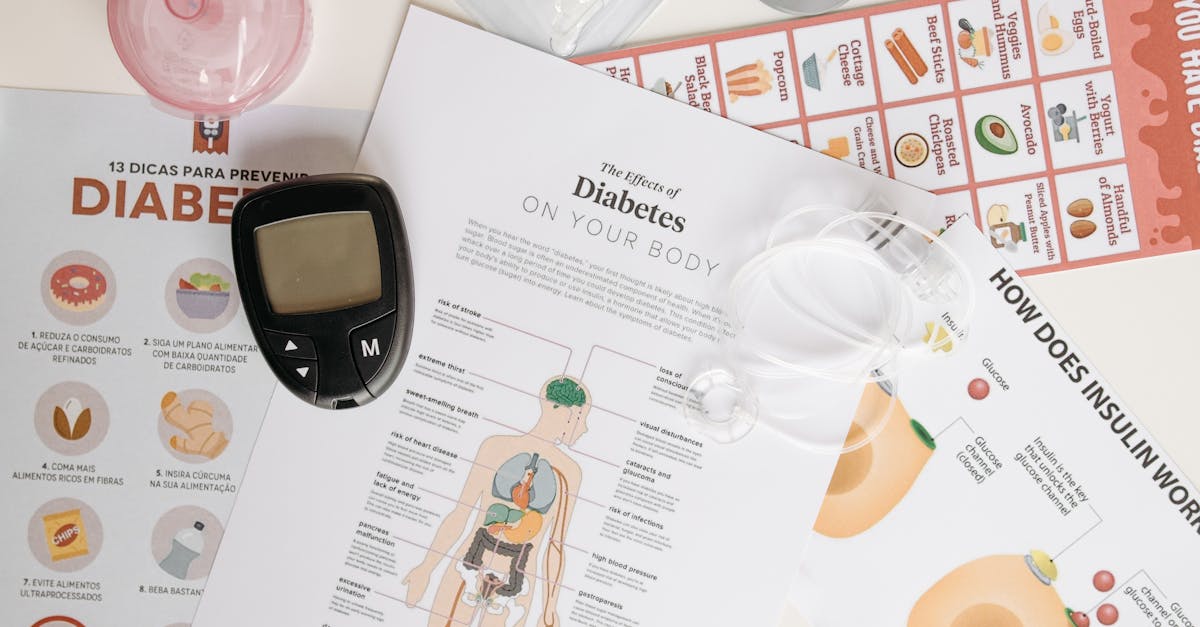Understanding Fatty Liver Disease Symptoms
Introduction
Fatty liver disease, a common health issue, involves the buildup of fat in liver cells. It often manifests subtly but can progress to more severe liver damage. Identifying symptoms early is crucial for preventing complications.
Advertisement
Mild to Severe Fatigue
Feeling excessively tired or weak is a common symptom. This isn't ordinary tiredness but a fatigue that persists despite adequate rest. The liver's role in energy metabolism means its dysfunction can significantly affect overall energy levels.
Advertisement
Unexplained Weight Loss
While many strive to lose weight, unexpected weight loss can indicate a problem. In the context of fatty liver disease, it's often linked to metabolic changes affecting nutrition absorption and energy utilization. Consulting a healthcare provider is recommended.
Advertisement
Abdominal Discomfort
Patients may experience discomfort or pain in the upper right side of the abdomen. This occurs as the liver enlarges due to fat accumulation. This symptom is essential for diagnosis as many other conditions cause abdominal pain.
Advertisement
Appetite Loss or Nausea
Fatty liver disease can lead to a diminished interest in food or persistent nausea. These symptoms relate to changes in liver function affecting digestion. Addressing these early on can prevent further nutritional deficiencies.
Advertisement
Jaundice
Jaundice, characterized by yellowing of the skin and eyes, points to liver dysfunction. It's caused by the liver's inability to effectively process bilirubin. This symptom usually indicates more advanced liver disease.
Advertisement
Swelling in Legs and Abdomen
As liver function deteriorates, fluid buildup can occur in the abdomen (ascites) or legs (edema). This indicates significant liver stress and often accompanies other severe symptoms, requiring medical evaluation.
Advertisement
Mental Confusion
Hepatic encephalopathy, or confusion and forgetfulness, may emerge as a result of toxic buildup in the body. If unnoticed, this can lead to more severe cognitive issues, emphasizing the need for timely medical advice.
Advertisement
Spider-like Blood Vessels
Another visible sign is the appearance of spider-like blood vessels beneath the skin. This symptom, medically known as "spider angiomas," is due to increased estrogen levels associated with liver dysfunction.
Advertisement
Conclusion
Understanding and recognizing the symptoms of fatty liver disease is critical. Early intervention can slow progression and preserve liver function. Those experiencing any of these symptoms should consult a healthcare professional for proper diagnosis and management.
Advertisement


